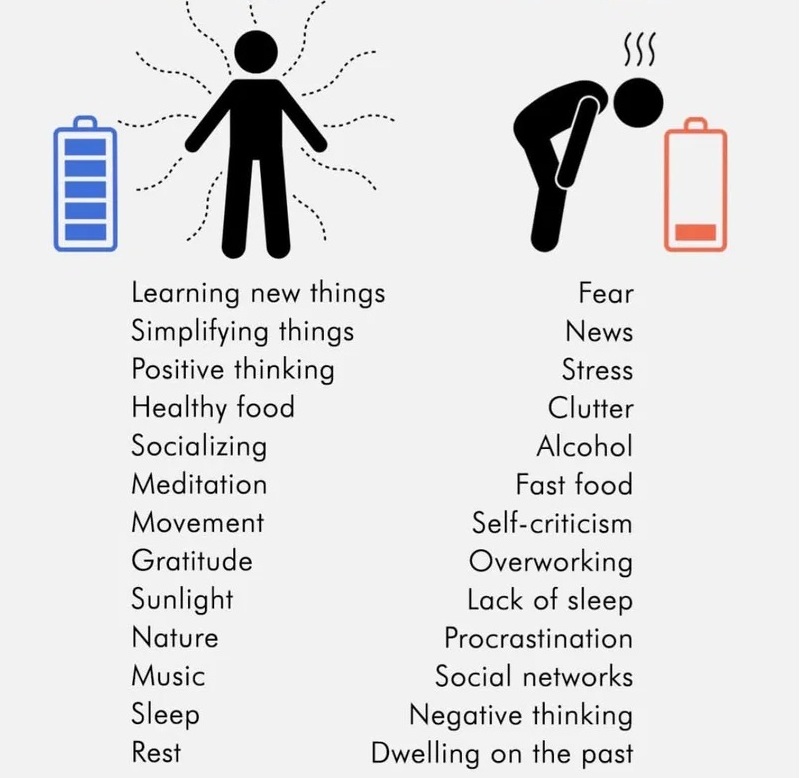Unstable mind
“Unstable mind” is a common, though informal, term used to describe someone who struggles with managing their emotions, thoughts, or behaviors, often to the point where it impacts their daily life. While not a formal diagnosis, it’s a phrase used to describe a range of mental health conditions or experiences where someone may be struggling with emotional regulation, cognitive clarity, or behavioral control.

Understanding the Term Unstable mind
Unstable mind Not a Diagnosis
“Mentally unstable” is not a recognized clinical term. It’s a broad description used to convey a sense of someone’s mental state is not in a healthy or stable place.
Emotional Instability
“Mentally unstable” can manifest as extreme mood swings, difficulty managing anger, or intense feelings of sadness, anxiety, or fear.
Cognitive Instability
This can involve difficulty concentrating, thinking clearly, or making decisions.
Behavioral Instability
This can include impulsive behaviors, changes in eating or sleeping patterns, or withdrawal from social activities.
Underlying Causes
“Mental instability” can be a symptom of various mental health conditions like anxiety, depression, bipolar disorder, or borderline personality disorder, or it can be a result of significant stress, trauma, or life changes.
Things that leads to Unstable mind
1.Being a Perfectionist
2.Past unhealthy relationships
3.Constant worrying
4.Holding on to the past
5.Taking things personally
6.Trying to please others
7.Multi tasking
8.Dehydration
9.Poor sleep
10.Holding on to anger
Examples of Unstable mind
Mental Health Conditions that can be described as “Mentally Unstable”
Anxiety Disorders
Individuals may experience intense anxiety, panic attacks, and difficulty coping with everyday stressors.
Depression
People with depression may experience persistent sadness, loss of interest in activities, and feelings of hopelessness.
Bipolar Disorder
This disorder involves extreme mood swings between periods of intense highs (mania) and lows (depression).
Borderline Personality Disorder
This condition is characterized by intense and unstable relationships, a fear of abandonment, and impulsive behaviors.
Management for Unstable mind
Stop these things now
1.Prioritizing others
2.Excessive use of mobile, computer television and tabs
3.Late night conversations without eye contact or conversations through digital media including messages and mails
4.Posting things publicly and waiting for the particular visitor or visitors expecting likes and responses
5.Staying busy all the day
6.Decreased water intake and oral fluids
7.Pleasing others
8.Practicing the past in your mind

Professional Help
If you or someone you know is experiencing mental instability, it’s crucial to seek professional help. A mental health professional can provide an accurate diagnosis and recommend appropriate treatment options to improve your quality of life.
Support Systems
Building a strong support system of friends, family, or support groups can also be beneficial for individuals struggling with mental health challenges.
Important Considerations of Unstable mind
Stigma
It’s important to note that the term “mentally unstable” can be stigmatizing and should be used with sensitivity.
FOR ANY CLARIFICATIONS
medlight2u.com
A light on Practice of Medicine (The information provided is for informational and educational purposes only and should not be considered professional advice)
Acne Acne vulgaris Acute Renal Failure Adrenal cortex Angina Angina Pectoris Aortic Regurgitation (AR) Aortic Stenosis (AS) Chest pain Chronic pyelonephritis Coarctation of Aorta Cough cyanosis Cystic acne Dehydration depression Diabetes Mellitus Diagnosis of Aortic Stenosis Dr.KTS DR K TAMILSELVAN Fatigue Heart Failure Hypertension Hypokalemia Hypothyroidism Ischemic Heart Disease LBBB Mitral Incompetence Mitral insufficiency Mitral valve prolapse Nocturia Patent Ductus Arteriosus PDA Polyuria Proteinuria pulmonary hypertension Pulmonary Stenosis ST Depression Symptoms of Acne Syncope Treatment for acne valvular heart disease Ventricular Septal Defect VSD Zits


Leave a Reply